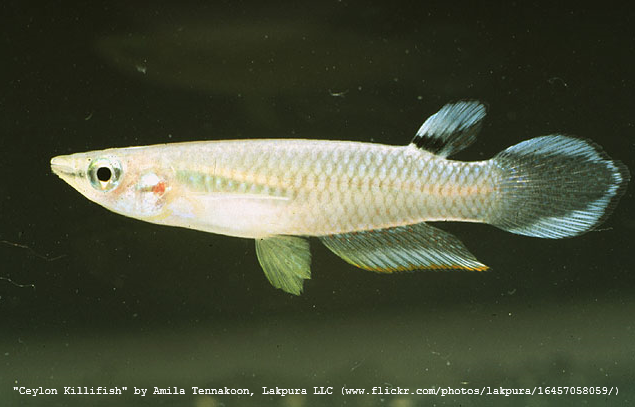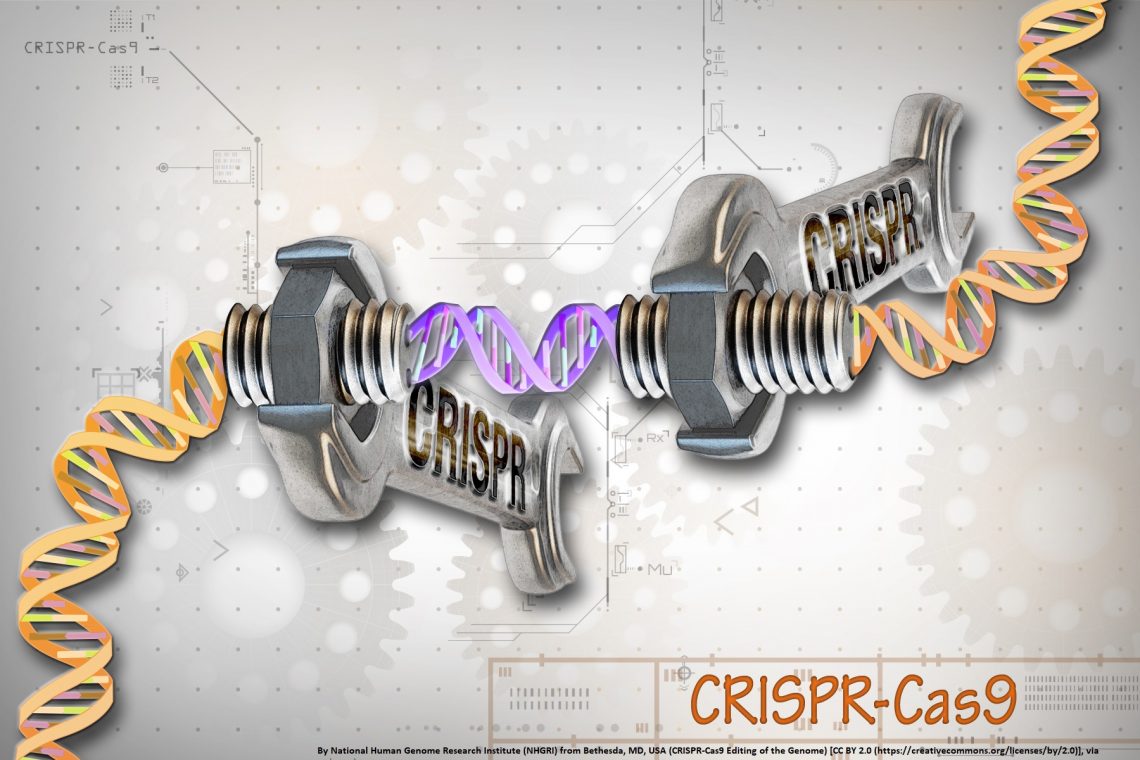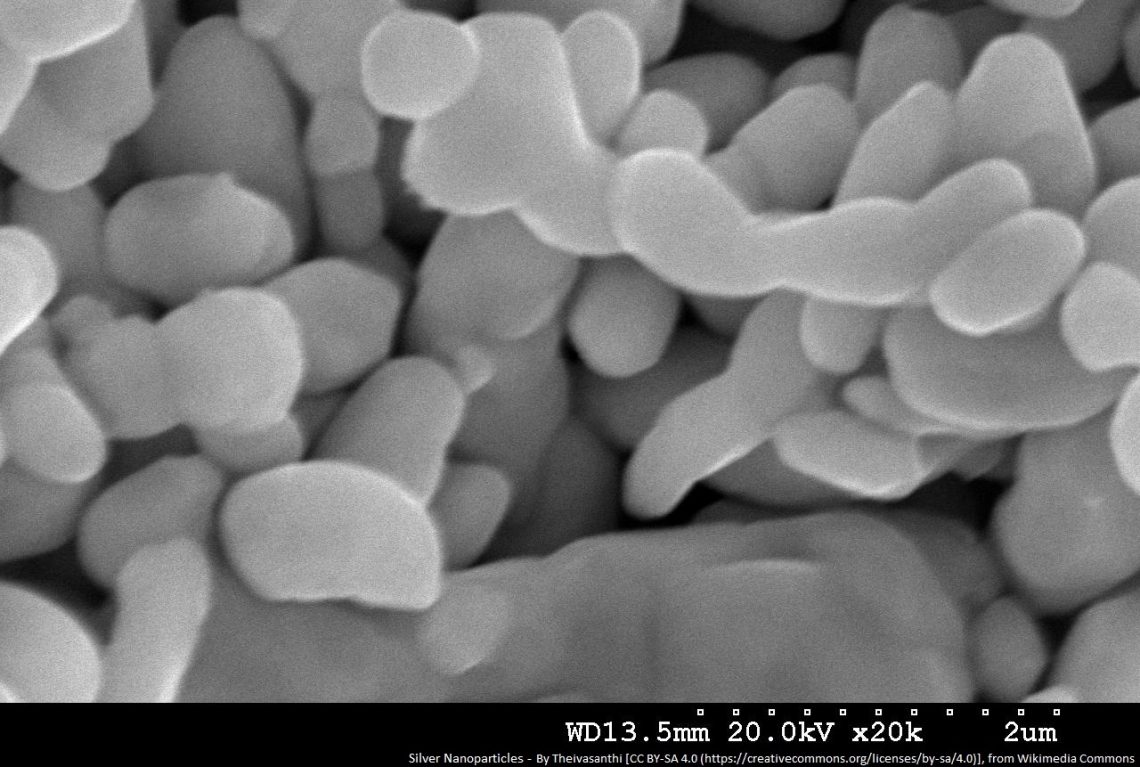You may have heard talk of the benefits of intermittent fasting through alternative health sources across the internet during the last several years. It's been all the rage. Essentially, intermittent fasting is when you voluntarily eat less, or nothing at all, for a period of time.
-
-
How CRISPR works
Back in 2011, Jennifer Doudna, a biochemist and molecular biologist at the University of California, Berkeley, and Emmanuelle Charpentier, now at the Max Planck Institute for Infection Biology in Germany, grew intrigued by the way bacteria use a molecular system known as CRISPR-Cas9 to respond to viral attacks. For years, bacteria were assumed to be primitive creatures with rudimentary immune…
-
Tiny materials in countless products raise big questions for environment and health
In recent years, efforts to develop the Next Big Thing — whether in medicine, computer technology, pollution prevention or high-performance materials — have turned to some really, really small things: nanomaterials.
-
Cotton, cashmere, chemicals … what really goes into making our clothes?
The U.S. Federal Trade Commission has something to say about what you wear. While not a fashion arbiter and unable to advise on attire for family gatherings, the FTC oversees what appears on the labels inside your clothes. As the federal agency responsible for enforcing the Textile Products Identification Act and related laws, it makes sure clothing is accurately labeled…





